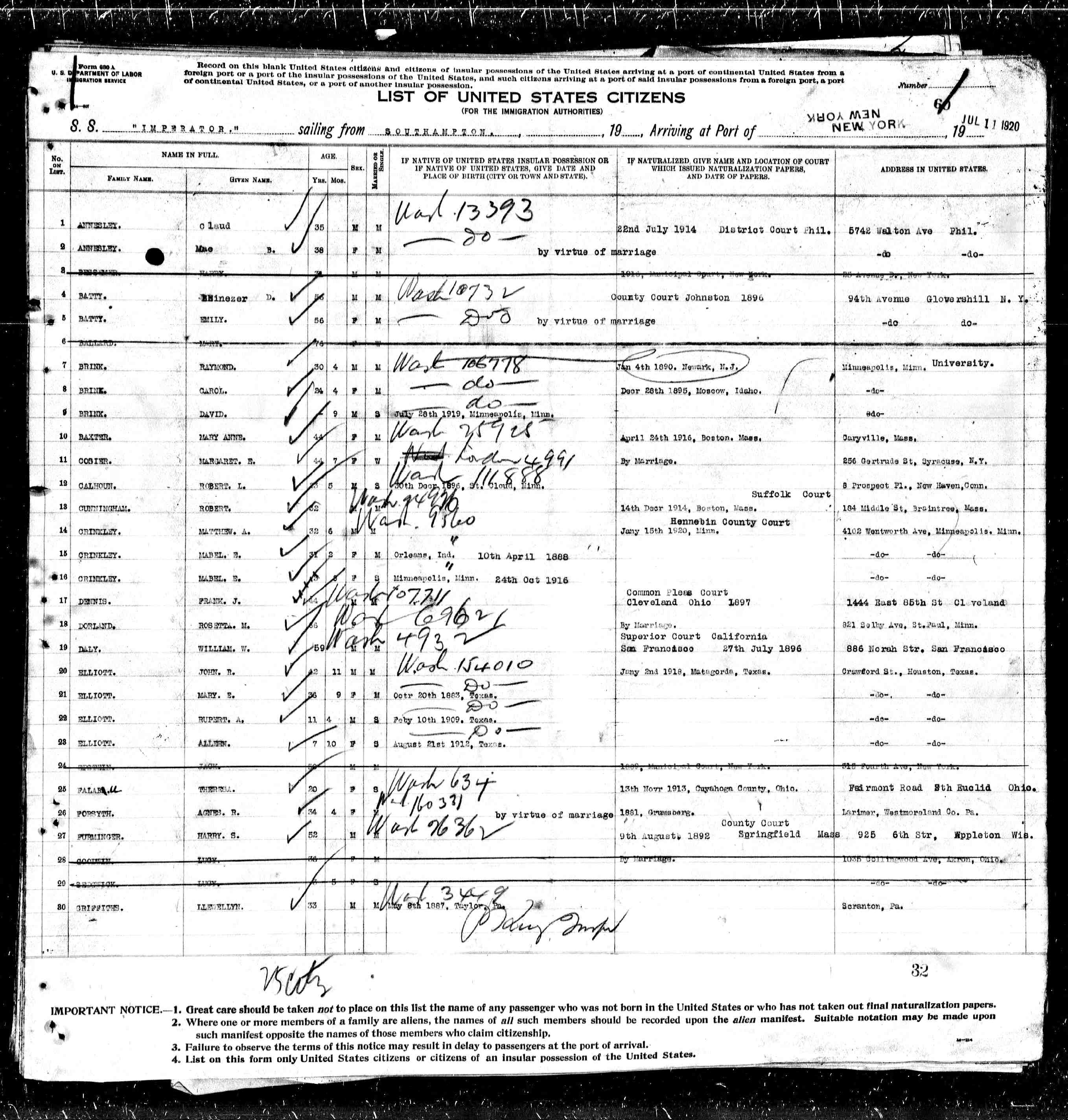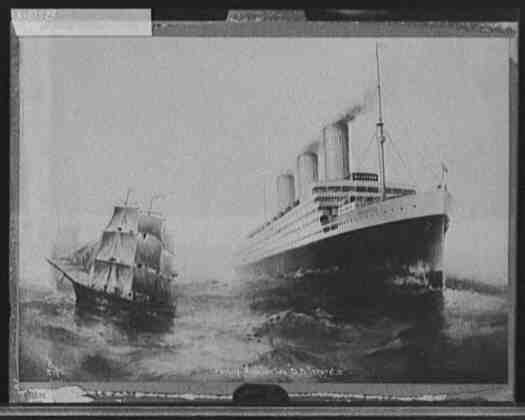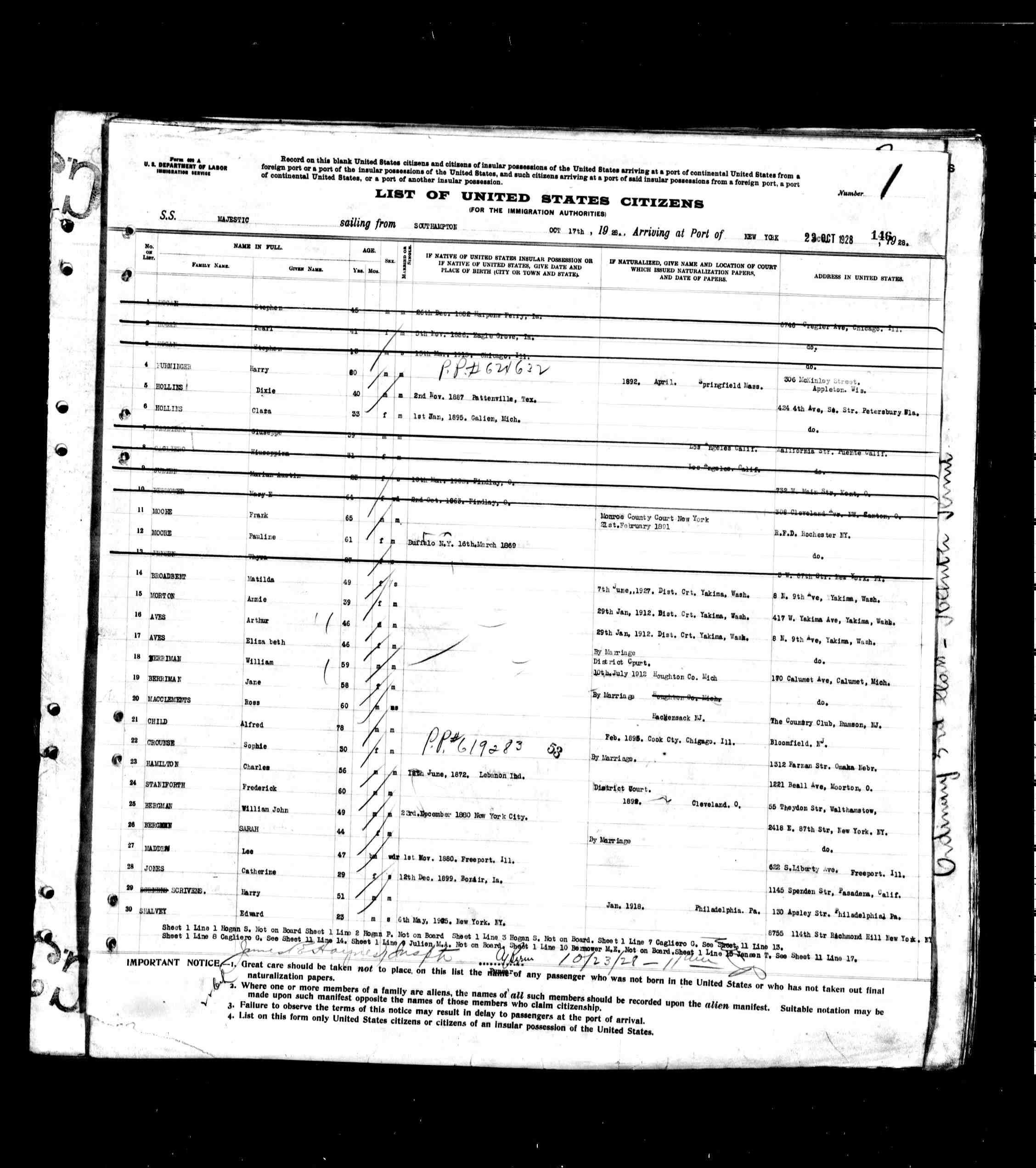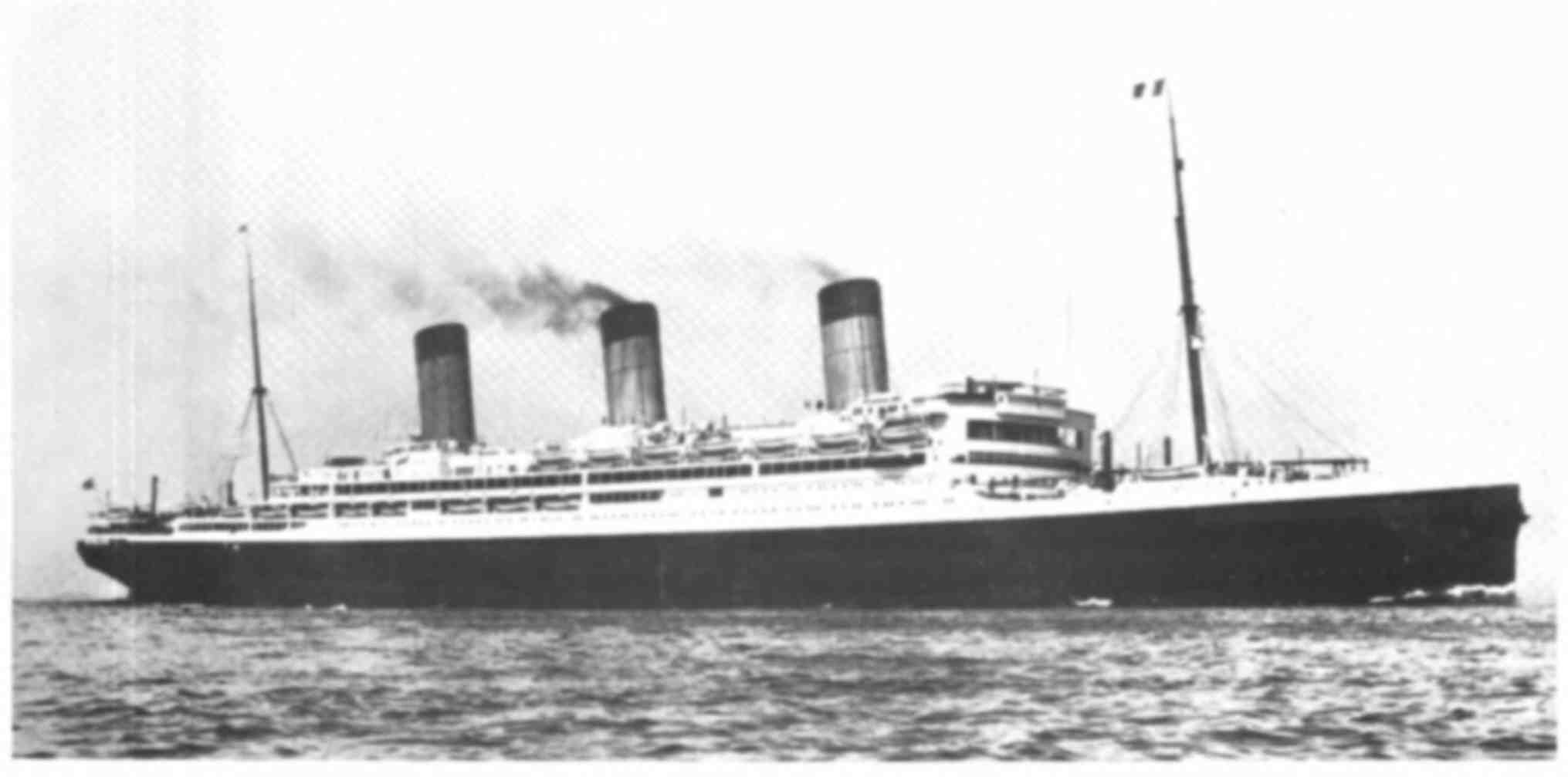

Individuals |
Bertha Frances |
Carlos Paul |
Cecil Rhodes |
Charles Clarence |
Eleanor Proctor |
Harriet Eleanor |
Pauline Amelia |
Precilla Althea |
Wife Emma Glover |
 Henry "Harry" Street Furminger
Henry "Harry" Street Furminger 
Was born 1868 in Dover, Kent, England. The son of Carlos Mark Furminger and Amelia STREET.
Henry started his working life at the age of 12 in the Paper Mill at Dover, but after 8 years he left and eventually emigrated to America in 1888. - see extract from the Buckland Paper Mill website below:-
Harry was granted naturalisation on the 9th August 1892 at the County Court in Springfield, Massachusetts.
Then in 1895 he married Emma Lillian Amelia GLOVER (she was born 17th April 1874 in Massachusetts)
According to the Buckland Mill webiste her father was from Kent and probalby also worked in the Paper Mill.
(This is not correct Emma's father Paul Glover was born in the Midlands and I can find no record that he ever was in Kent.)
Harry and Emma had 8 children:-
- Harriett E - born 1896
- Pauline A - born 1897
- Precilla A - born 1898
- Eleanor Proctor - born 22nd January 1900, West Springfield, MA
- Carlos Paul - born 13th June 1901
- Cecil Rhodes - born 26th August 1902
- Charles Clarence - born 13th June 1904
- Bertha Frances - born 16th Janauary 1906
All the children were born in Massachusetts.(MA)
Harry made at least two trips back to the UK during his life, the first was in 1920.
He arrived back in the USA on the 11th July 1920 via SS Imperator which sailed from Southampton to New York.
Copy of the passenger list SS Imperator


Then, on the 23rd October 1928 Henry arrived back in the USA on the SS Majestic which sailed from Southampton to New York
Copy of the passenger list SS Majestic


Extract from the Buckland Paper mill Dover- History of - Web Site
Harry Furminger whose father was a road sweeper* at Dover, started work at Buckland Mill at the age of twelve. (* The 1881 Census lists him as a Brewers Drayman and living at London Road, Dover.)
He was an intelligent lad and at the age of twenty was a machineman on Ashdown & Hobday's only machine.
His size vat boy was George Jordon and his dryerman was Fred Chidwick.
The machineman's rate of pay at the time was 4d an hour but Furminger, being young,
was not receiving the full rate.
Both Chidwick and Jordon were also dissatisfied with their pay and led by
Furminger, they demanded an increase of their hard hearted Master,
Henry Hobday.
The increase was refused so they shut the machine down and walked out on the 'tramp'.
Furminger got a job at Basted Mill while Chidwick and Jordon returned to Dover resolved
not to work for Old Hobday unless they received more money.
Chidwick made his peace with the Master who, by this time, was sick of running the machine
eight hours a day himself,
(whilst the other machineman was off shift),with Ashdown and a boy to help him.
He made Chidwick machineman and George Jordon eventually went back as dryerman.
Furminger left Basted to go to the United States and found employment with the South Hampshire Paper Mills.
(Chidwick worked as a machineman for forty five years until his retirement from Buckland.
The writer worked as his 'wet-end boy' for a period during training and benefited
greatly from the experience).
Furminger took Frank Barlow and L.H. out to diner during the visit to meet his father-in-law who
was a Kentish man and after some thought and discussion he told L.H.
that "old Dan'l Hobday learned me to be a beaterman".
When in 1905 Frank Barlow and. L.H. went to the United States together with a view
to visiting a number of paper mills and gaining experience in American practise.
The trip was the outcome of a visit from a paper mill owner in Massachusetts
whose Chief Superintendent, Harry (Henry S ) Furminger, was an old "Buckland Mill boy".
The trip appears to have been both interesting and informative.
They got into trouble at The Parker House hotel in Boston for smoking their
pipes in the entrance hall where cigar smoking only was permitted, the reason
for which baffled them in view of the habit of the cigar smokers of spitting,
with great accuracy, across the hail into a brass spittoon.
(sailed on the SS Saxonia from Liverpool to Boston, arriving 7/9/1905.)